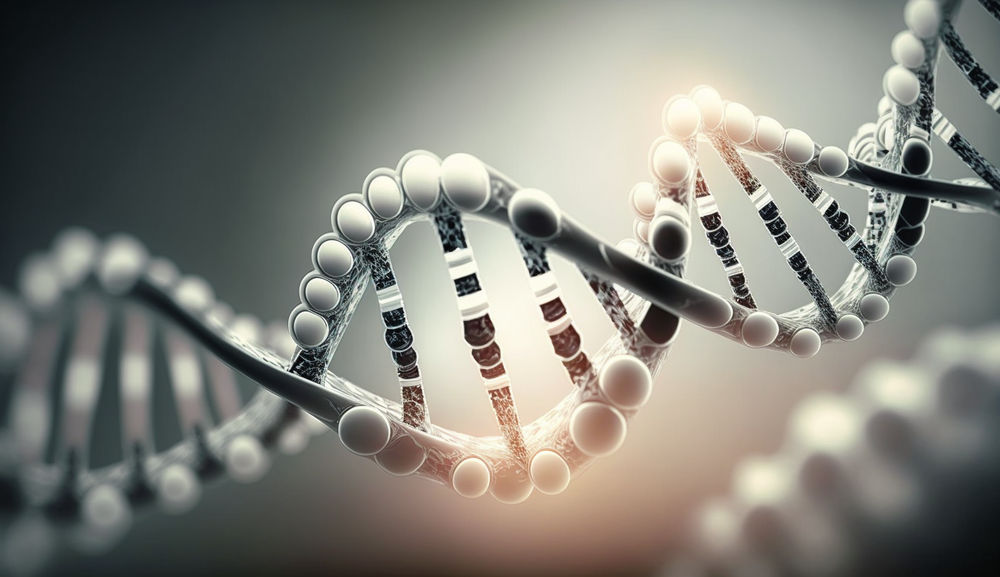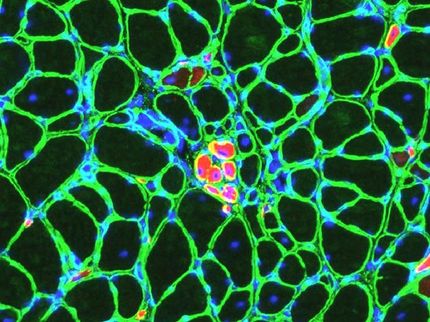UF researchers continue ‘extraordinary measures’ to tackle Pompe disease
Advertisement
As scientists work to find new treatments for Pompe disease, University of Florida researchers are hopeful that gene therapy will help patients in the late stages of the disease breathe on their own. clinical trials of a gene therapy for Pompe-related breathing problems in six infants are expected to begin at UF this summer.
Writing in Molecular Therapy, scientists with UF’s Powell Gene Therapy Center describe how they used a gel to deliver a corrective gene directly to the diaphragms of a mouse model of the disease. In people, Pompe disease is a form of muscular dystrophy that causes extreme muscle weakness and leads to severe breathing difficulty.
“In disease treatment we always think prevention is better and easier than reversal, but we don’t always have the opportunity to prevent some diseases,” said Dr. Barry Byrne, a UF pediatric cardiologist and the director of the Powell Gene Therapy Center. “When we find out that reversal of what could be considered permanent damage is possible, that is extremely encouraging.”
Children with Pompe disease cannot produce the enzyme acid alpha-glucosidase, or GAA. Without the enzyme, sugars and starches that are stored in the body as glycogen accumulate and destroy muscle cells, particularly those of the heart and respiratory muscles. In the coming gene therapy trial, scientists will incorporate the correct gene to produce GAA into an adeno-associated virus, which already exists in most people, and inject it into each patient’s diaphragm. The intent is to “infect” cells of Pompe patients with the genetic machinery they have been missing since birth. In the latest experiments, UF scientists targeted the diaphragm — an essential muscle for healthy breathing — in mice at different stages of the disease.
“We were able to provide some level of correction in animals of different ages, but it may be more important that we are able to provide benefit to older ones,” said Dr. Cathryn Mah, a UF assistant professor of pediatrics. “Many Pompe patients are older children and adults. The longer people have the disease, the weaker their muscles get. Respiratory complications are their No. 1 problem. If we can get some improvement for them, this is worthwhile to keep pursuing.”
Byrne believes gene therapy is a way to augment the current treatment for Pompe patients, which involves intravenous infusions to replace the missing GAA enzyme.
Other news from the department science
Most read news
More news from our other portals
See the theme worlds for related content
Topic world Gene therapy
Genetic diseases once considered untreatable are now at the center of innovative therapeutic approaches. Research and development of gene therapies in biotech and pharma aim to directly correct or replace defective or missing genes to combat disease at the molecular level. This revolutionary approach promises not only to treat symptoms, but to eliminate the cause of the disease itself.

Topic world Gene therapy
Genetic diseases once considered untreatable are now at the center of innovative therapeutic approaches. Research and development of gene therapies in biotech and pharma aim to directly correct or replace defective or missing genes to combat disease at the molecular level. This revolutionary approach promises not only to treat symptoms, but to eliminate the cause of the disease itself.























































